When NDIS funding is cut, it’s more than just a financial setback—it’s a family issue. Reduced access to support workers, therapies, and essential services can slow a child’s progress, impact their confidence, and limit their potential. The effects ripple through the entire household, creating emotional, financial, and logistical challenges for parents and siblings alike.
If you’re facing unexpected funding cuts or struggling with the complexities of the NDIS system, you’re not alone. Many families are navigating similar struggles, and while the system can feel overwhelming, there are ways to advocate for your child’s needs and find alternative solutions.
Why Are NDIS Funding Cuts Happening?
The NDIS has been under increased scrutiny in recent years, with the government attempting to balance budgets while accommodating a growing number of participants. Unfortunately, this often results in reduced funding for families—even when a child’s needs remain the same or increase.
In late 2024, reports indicated that the government had cut nearly $14 billion from NDIS funding. This has left many families struggling to access the necessary support for their children, forcing them to make difficult choices about therapy, schooling, and daily care.
While NDIS plans are based on assessments and justifications, they are not set in stone—which means parents must take on the role of skilled advocates to fight for the funding their children need.
The Impact on Families
When funding is cut, it doesn’t just affect the child—it affects the entire family unit.
1. The Child
- Reduced therapy and support services can hinder progress and development.
- Confidence and independence may decline without the necessary interventions.
- Missed opportunities to reach their full potential due to financial constraints.
2. The Parents
- The stress of reallocating resources and recalculating budgets takes a toll on mental health.
- Many parents are forced to reduce work hours to compensate for the lack of support, impacting household income.
- Constant battles with the system create emotional exhaustion and burnout.
3. The Siblings
- They often feel the ripple effects of financial and emotional strain.
- Less time and attention from parents who are navigating funding issues.
- Emotional distress from witnessing the challenges faced by their neurodivergent sibling.
NDIS funding is meant to empower children and families—yet, with increasing cuts, many families are left feeling abandoned by the system.
How to Advocate for Your Child’s Needs
While funding cuts are frustrating and stressful, there are actionable steps you can take to fight for your child’s needs:
1. Request a Plan Review
If your funding has been reduced, you have the right to request a review. This process involves submitting evidence proving that your child’s current plan is insufficient.
Key Steps for a Strong Review Application:
✔ Document Everything – Keep records of progress reports, therapy assessments, and even video evidence showcasing your child’s development.
✔ Gather Support from Professionals – Have therapists, support workers, and specialists write detailed reports outlining the essential services your child needs.
✔ Work with an Occupational Therapist – A well-written OT report can significantly strengthen your case.
While it’s exhausting to continually advocate, persistence is key. Many parents successfully win back funding through the review process.
2. Seek NDIS Advocacy Support
There are organisations and professionals specialising in NDIS advocacy. These groups can guide you through the review process, help you prepare documentation, and provide expert advice on increasing your chances of securing proper funding.
3. Reassess and Prioritise Funding
If your funding is reduced, consider:
- Prioritising the most beneficial therapies and reallocating funds accordingly.
- Exploring alternative therapy options, such as group sessions or shorter appointments.
- Adjusting support worker hours to stretch the budget without sacrificing care.
For many families, these changes are difficult but necessary to ensure their child still receives the care they need.
4. Join Parent Support Groups
Connecting with other parents navigating the NDIS system can provide invaluable emotional and practical support. Many parents share strategies, tips, and success stories that may help in your advocacy efforts.
Look for:
✔ Online forums and Facebook groups dedicated to NDIS support.
✔ Local parent meet-ups to exchange experiences and resources.
✔ Workshops or webinars on NDIS advocacy and funding strategies.
5. Stay Informed About Policy Changes
NDIS policies and guidelines frequently change. Staying updated ensures you understand your rights and can better advocate for your child.
Regularly check:
- The NDIS website for policy updates.
- Government reports and announcements related to disability funding.
- News sources that cover NDIS changes.
Knowledge is power—understanding the system can make a significant difference in securing the support your child needs.
A Reminder to Parents: Keep Fighting for Your Child
Advocating for a child with special needs can feel like an endless battle, but it’s a fight worth fighting. The journey is exhausting, frustrating, and often unfair, but your persistence makes a difference.
When the stress feels overwhelming, remind yourself:
- You are your child’s voice.
- Your advocacy can change their future.
- You are not alone—there is a whole community fighting this fight with you.
Take it one step at a time, seek support where you can, and most importantly—never give up. Your child deserves every opportunity to thrive, and you are the key to making that happen.
What Has Your Child Taught You About Resilience This Week?
Every child, especially those with neurodivergence or special needs, teaches us something new about strength, patience, and perseverance. Take a moment to reflect:
💭 What has your child shown you about resilience this week?
We’d love to hear your thoughts—share your experiences in the comments or with fellow parents. Together, we can continue to advocate for our children and create a better future for them.
















